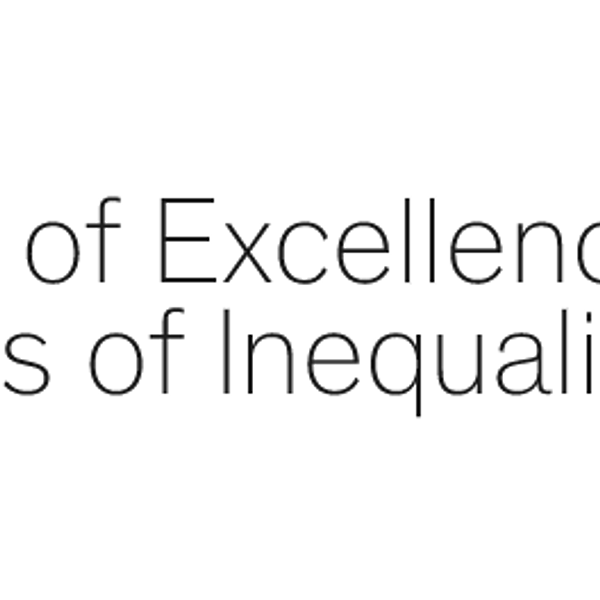
We aim to describe and explain how perceptions of inequality and fairness develop among children and adolescents, and to analyze their consequences for educational as well as political attitudes and behavior.
We aim to describe and explain how perceptions of inequality and fairness develop among children and adolescents, and to analyze their consequences for educational as well as political attitudes and behavior. To do so, we bring together expertise from political science, sociology, linguistics, education science, and psychology. We pay particular attention to the interplay of different explanatory factors: individual characteristics like adolescents’ socio-economic backgrounds and their cognitive and language skills; the social influence of parents, teachers and peers; and the role of the institutional and regional context, e.g. characteristics of the school and neighborhood.
Most existing studies on perceptions of inequality and fairness look at adults rather than students. Moreover, available evidence on students has been done by developmental psychologists and thus focuses on how these perceptions change when children get older. Sociological and psychological educational research has extensively studied structural inequalities in the educational system but has not taken much interest in the perceptions and evaluations by the children themselves, even though these can be expected to affect their motivation and aspirations within the educational system and beyond. Political science has only recently discovered the importance of inequality perceptions – beyond objective inequalities – for political participation and has focused on adults’ perceptions so far. We will move beyond these disciplinary limitations and describe and explain students’ perceptions of educational and societal inequality and fairness and their educational and political consequences. We plan to survey a larger number of students from different family backgrounds and in different institutional and regional settings.
We will conduct a panel study with younger and older students situated in secondary education in Baden-Wuerttemberg and Saxony. This allows us to analyze how perceptions of inequality and fairness differ across contexts and change over time. To gain a valid measure of students’ inequality perceptions, we will include survey experiments (using vignettes) in the panel study. These vignettes will depict fictional students systematically differing in inequality-related attributes such as their parents’ jobs, clothing, or ethnicity. In total, we aim to survey up to 330 classes with in total around 3,000 individuals, their parents and their teachers.
Political Science, Sociology, Linguistics, Education Science, Psychology
1 October 2019
For more information click here.